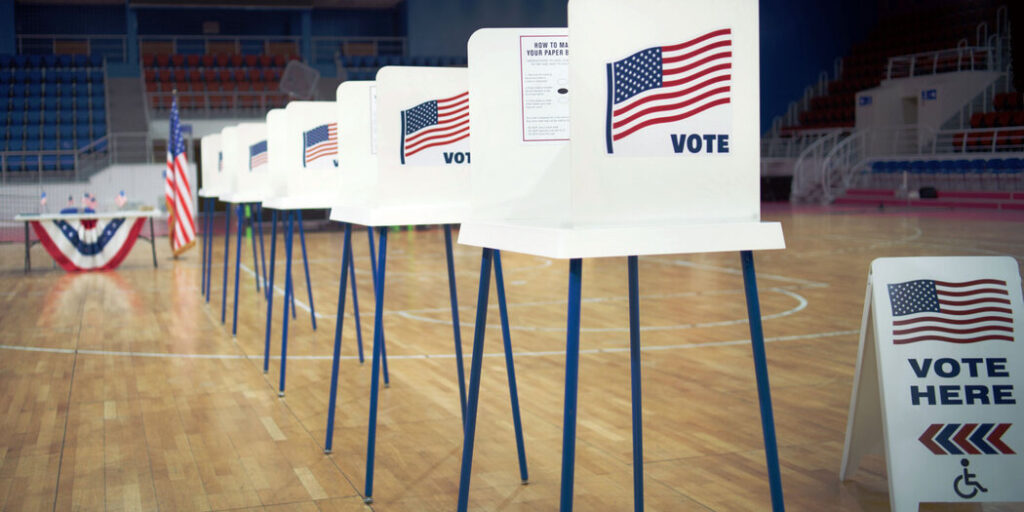Federal Appeals Court Limits Voters’ Rights in Seven States
The Eighth Circuit Court of Appeals recently issued a ruling that ends the ability of voters in seven states to use the Voting Rights Act of 1965 as a shield against racial discrimination. This decision directly affects Native American communities and could have widespread implications for voting rights across the central United States.
The case, Turtle Mountain Band of Chippewa Indians v. Howe, involves Native American voters challenging North Dakota’s legislative map, which they allege is racially discriminatory. The suit was filed under Section 2 of the Voting Rights Act and Section 1983, claiming the map diluted Native American voting power.
Historically, private citizens and groups have been able to bring cases under Section 2, challenging policies that restrict minority voting rights. However, the recent ruling disrupts this long-standing precedent, despite strong congressional support and explicit encouragement of private enforcement as noted in a Senate report stating, “Congress depends heavily upon private citizens to enforce” Section 2.
The Supreme Court has historically supported voter rights in Section 2 cases, such as in Allen v. Milligan. The precedent has led to significant victories for Black, Latino, and Native American voters against discriminatory practices.
Despite this, some legal theorists have argued that Section 2 lacks the words “private right of action,” suggesting that lawsuits under this section should not be permissible. This viewpoint seems to align with broader efforts to undermine the Voting Rights Act’s enforcement capabilities.
Earlier in 2023, the Eighth Circuit supported this theory, indicating that Congress did not intend for individuals and groups to sue under Section 2. However, it previously allowed for such lawsuits under Section 1983, a federal statute that lets individuals sue government officials for civil rights violations.
The latest ruling from the Eighth Circuit has effectively closed the door on using Section 1983 for these claims, asserting that Section 2 doesn’t establish a personal right, thereby negating previous Supreme Court decisions affirming voting rights protections.
Currently, only the Department of Justice can litigate Section 2 cases, which is problematic given that individuals and groups have historically initiated the vast majority of these cases. The Department of Justice, particularly under the current administration, faces resource constraints and has reduced its involvement in voting rights cases.
This decision leaves voters in Arkansas, Iowa, Minnesota, Missouri, Nebraska, North Dakota, and South Dakota without crucial protections against racial discrimination in voting. The impact is especially severe for Native American communities, which have relied on Section 2 for fair electoral practices and increased access to voting facilities.
Despite these setbacks, there have been notable achievements for Native voters. For example, a 2024 settlement in Nebraska led to fairer representation for Native voters following litigation over local government redistricting efforts.
The recent ruling by the Eighth Circuit is seen as a significant setback for voting rights and has sparked calls for reversing the decision. Advocates urge Congress to act by passing the John R. Lewis Voting Rights Advancement Act to modernize and strengthen the Voting Rights Act, ensuring voting rights protections for all Americans.





